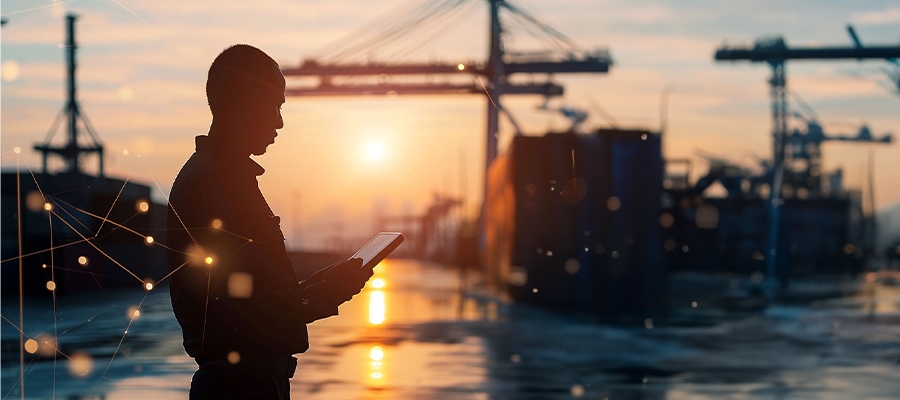Q: How do you achieve greater supply chain sustainability?
Clara Chan: Genpro employs a multifaceted approach. We utilise audits, scorecards and training webinars to ensure a compliant and sustainable supply chain.
Our audits evaluate factors such as working conditions, labour practices and environmental compliance. By examining these aspects, Genpro helps companies identify areas of improvement and potential risks within their supply chains.
In addition, we have established the Sustainability Balanced Scorecard (SBS) to measure a supplier’s status, compliance, commitment and performance towards sustainability.
Our webinars serve as a knowledge-sharing platform, providing companies and their suppliers with valuable insights into industry best practices and emerging trends in sustainability. One example is the introduction of our Lube Service Desk. In addition to our reports which are tailored to clients’ purchasing profiles, we host, in cooperation with lube oil majors, interactive webinars addressing clients’ specific areas of interest and sharing market intelligence specifically related to the marine lubricants sector.
Based on our evaluation, we provide our suppliers with customised plans to enhance their compliance and sustainability performance.
We share the audit and scorecard results with our clients. This transparent evaluation gives them a clear idea of how suppliers operate allowing for informed decision making. At the same time, it incentivises both sides to adopt more sustainable practices.










